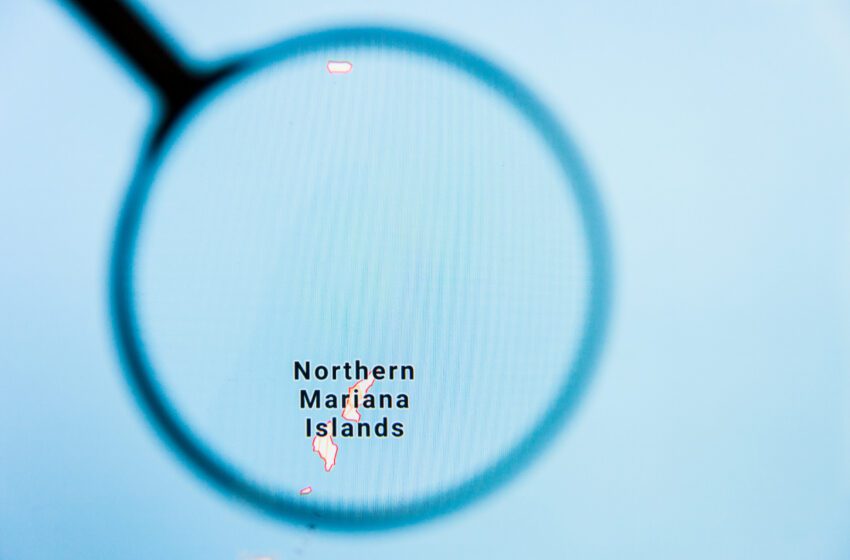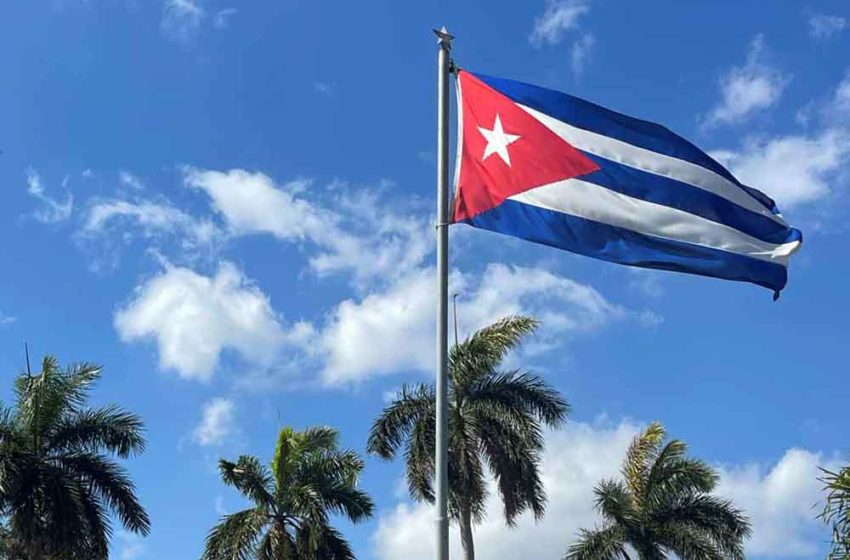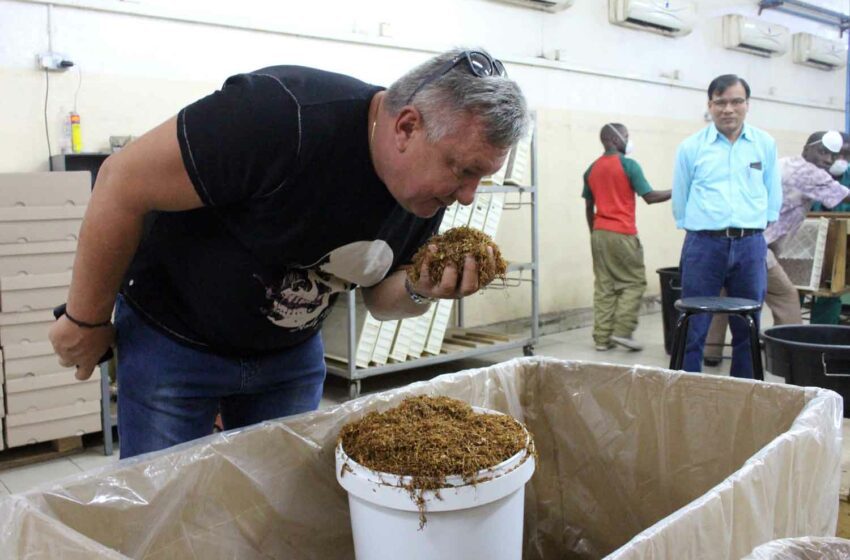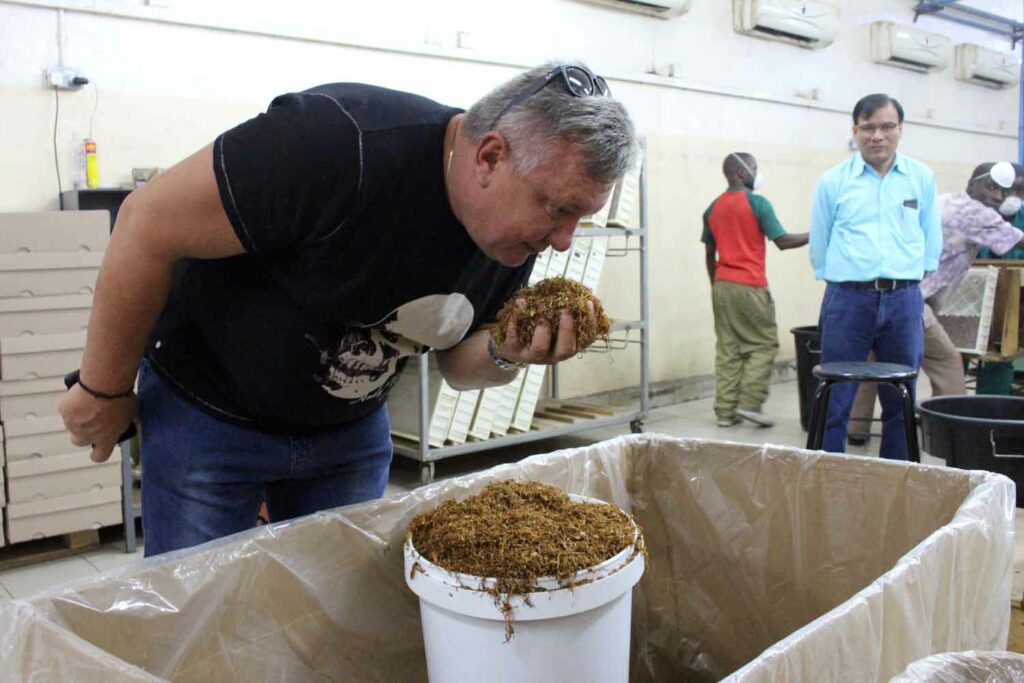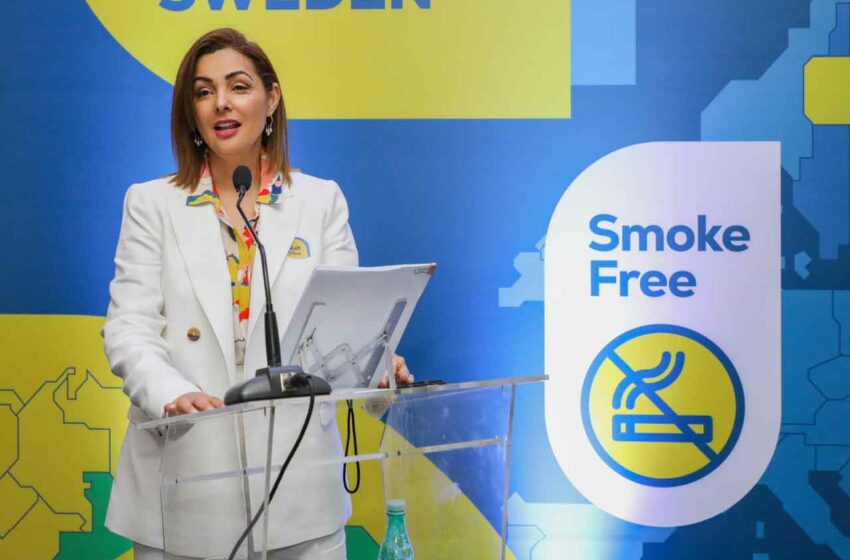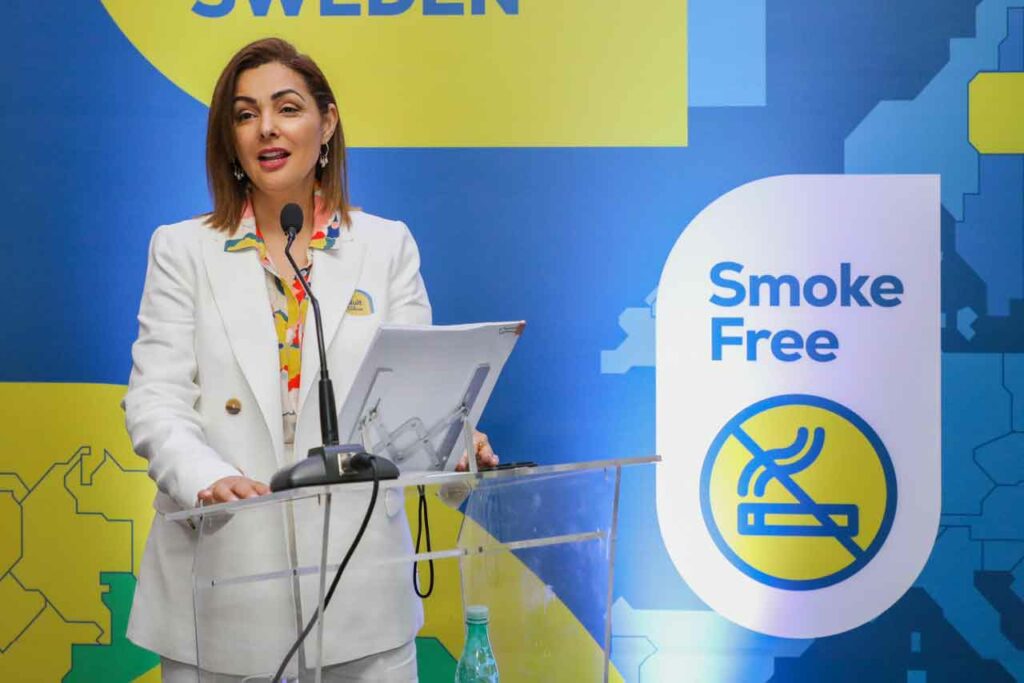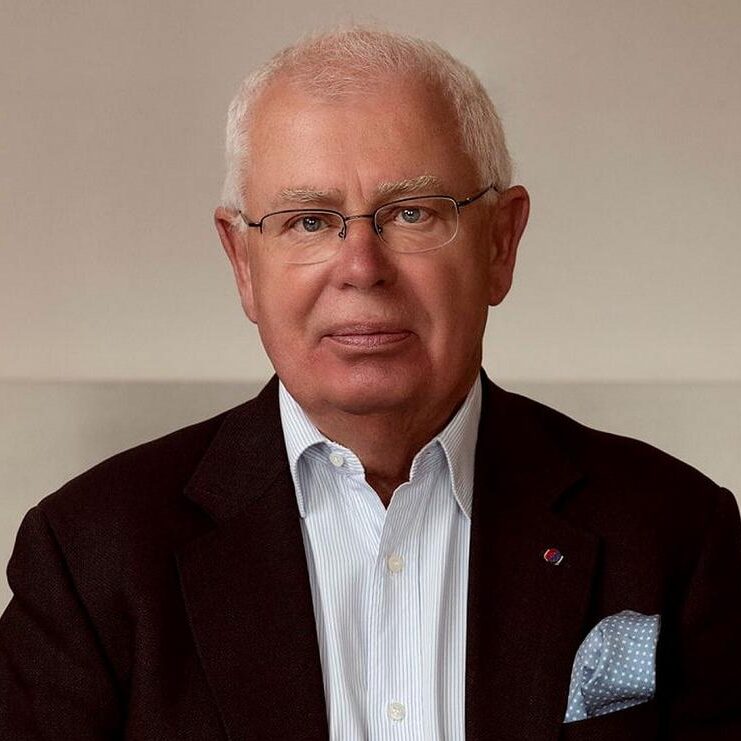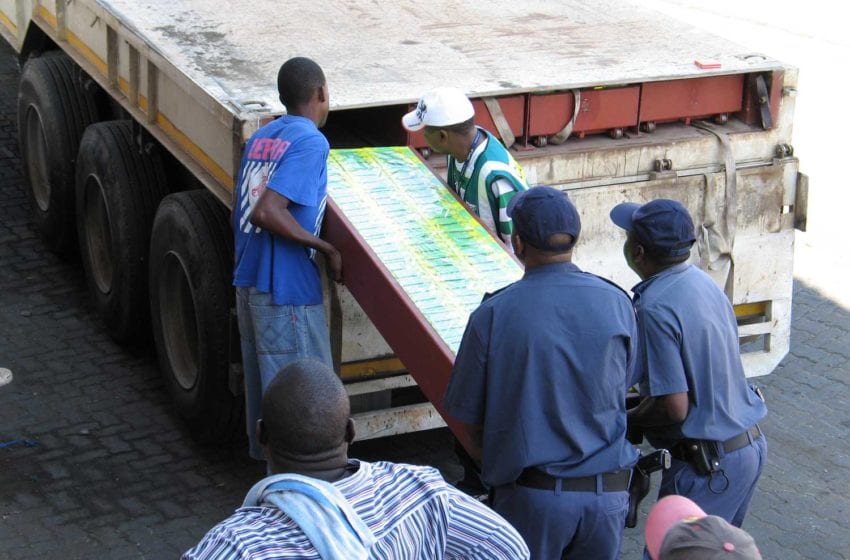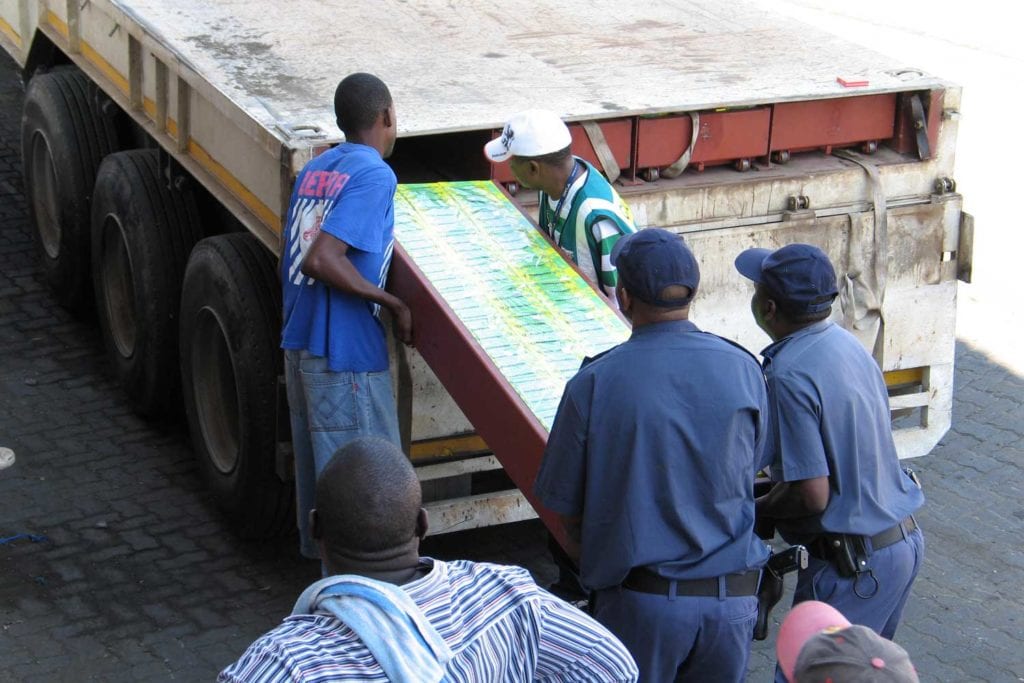
The Senate of the Northern Mariana Islands, a commonwealth of the United States, has failed to adopt its committee report that recommends the passage of its version of a House of Representatives bill.
That bill aims to increase government revenue by amending the definition of cigarettes to ensure that all tobacco products are properly taxed.
Four senators voted “yes,” and four senators voted “no” to a motion to adopt the report of the Committee on Fiscal Affairs, but Senate president Edith E. DeLeon Guerrero announced that the report would not be adopted and would no longer exist, according to local media.
DeLeon Guerrero, Senate vice president Sen. Donald M. Manglona, Sens. Paul A. Manglona, and Celina R. Babauta voted for the committee report’s adoption.
House Bill No. 23-7 proposes to amend the definition of “cigarette” to include any product that resembles similarities to cigarettes based on its appearance, weight, usage, and packaging, such as “little cigars”, “filtered cigars”, or “roll-your-own.”

